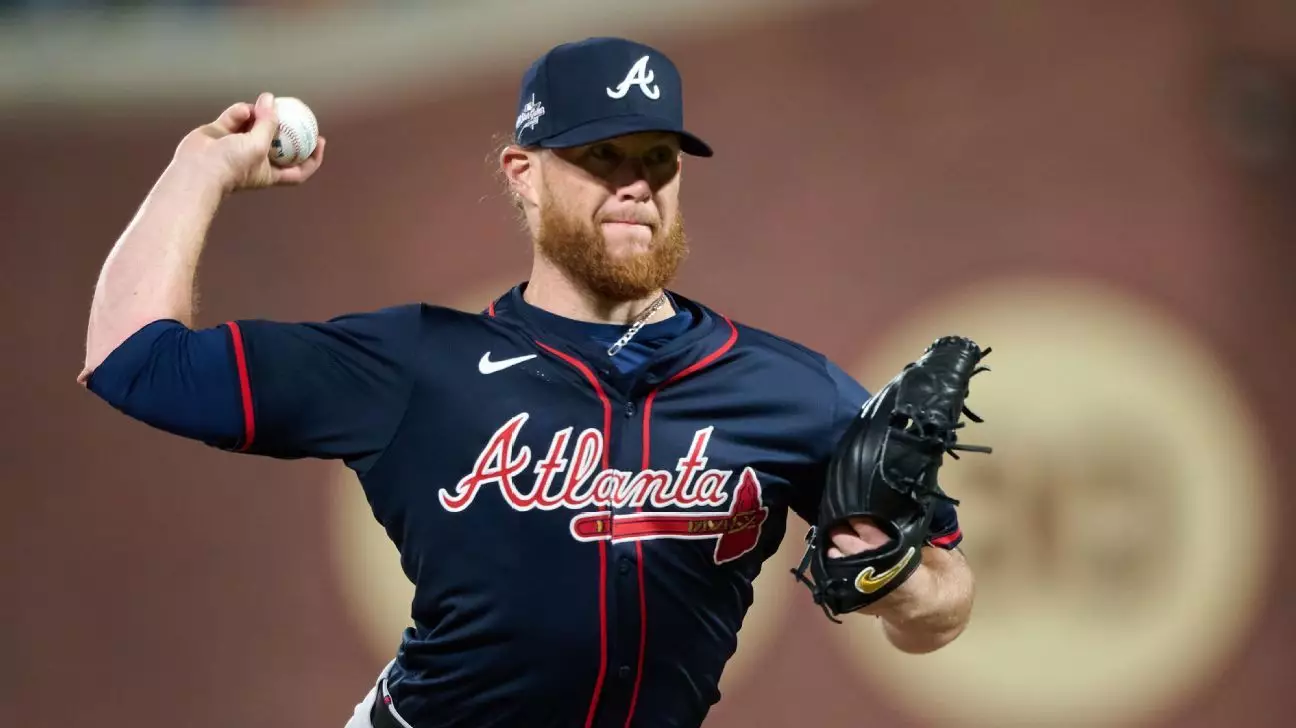In the high-stakes world of Major League Baseball, where playoff spots are often decided by mere inches and inches, the Houston Astros have made a bold strategic decision by acquiring veteran reliever Craig Kimbrel. The team’s reliance on aging relievers and inconsistent bullpen performance has accentuated a pressing need for fresh, reliable arms. Kimbrel’s arrival signals an understanding that the postseason is within reach but hanging precariously, and that bolstering the bullpen could be the difference between celebrating a division title or watching others seize it. His addition isn’t just about adding a name—it’s about injecting a veteran presence with postseason pedigree and a hunger to restore his legacy amidst a period of decline.
Assessing Kimbrel’s Resilience and Limitations
Kimbrel’s career is marked by brilliance and resilience, but recent seasons have raised questions about durability and effectiveness. His transition across teams, culminating in a stint with the Dodgers, reveals a pitcher struggling to recapture his earlier dominance. His velocity, once flirting with 98 mph, has diminished, a natural decline with age and wear. Nevertheless, Kimbrel’s live arm, coupled with a refined arsenal—featuring his signature knuckle curve and an added slider—remains formidable. The critical aspect for Houston is whether he can channel his experience into meaningful late-inning contributions that compensate for their overtaxed relievers, many of whom have been pushed beyond their limits. His recent minor league stats, with a solid ERA and 28 strikeouts in 21 innings, suggest he still has gas left in the tank.
The Impact on Astros’ Playoff Aspirations
Houston’s season has been a rollercoaster. Their early dominance in reliever performance has unraveled, exposing vulnerabilities that could be disastrously exploited in the playoffs. The team’s best relievers—Abreu, Okert, King, and Sousa—have been overused, risking burnout as they carry the weight of the bullpen’s success. The Astros’ gamble on Kimbrel is rooted in their urgent need to shift gears—not just to stabilize the late innings but to re-establish confidence in their postseason pitching depth. His presence offers more than just a tactical boost; it provides a psychological uplift for the team, signaling that management is willing to make bold moves to secure victory. If Kimbrel can regain his early-career finesse, Houston’s bullpen might finally meet the standards needed to push through October’s pressure cooker.
Is Experience Enough to Counteract the Decline?
While Kimbrel’s career accomplishments are undeniable—68 saves in the current season and a reputation as one of the most dominant closers of his generation—there’s an elephant in the room: the decline in velocity and effectiveness. His fastball now averages below 93 mph, a significant drop from his peak. This begs the question—can a pitcher whose defining weapon has diminished still dominate the late innings? The answer may depend less on raw stuff and more on placement, deceptive pitches, and mental toughness cultivated over a 15-year career. Houston’s coaching staff must cultivate the right environment for Kimbrel to succeed, emphasizing command and strategic sequencing over overpowering speed. If he adapts, his veteran savvy could turn the tide; if not, his signing risks becoming a flash-in-the-pan fix amidst mounting playoff pressure.
A Calculated Risk that Could Pay Off
Ultimately, Houston’s decision to bring in Kimbrel is a testament to their recognition that postseason success hinges on a resilient and adaptable bullpen. It’s a calculated gamble rooted in experience—one that could either thwart their playoff ambitions or propel them to a new level of playoff resilience. As the Astros battle to hold onto their slim division lead, Kimbrel’s addition is a statement: in baseball, you win by making bold choices, trusting experience, and adapting to the relentless march of time.


Leave a Reply